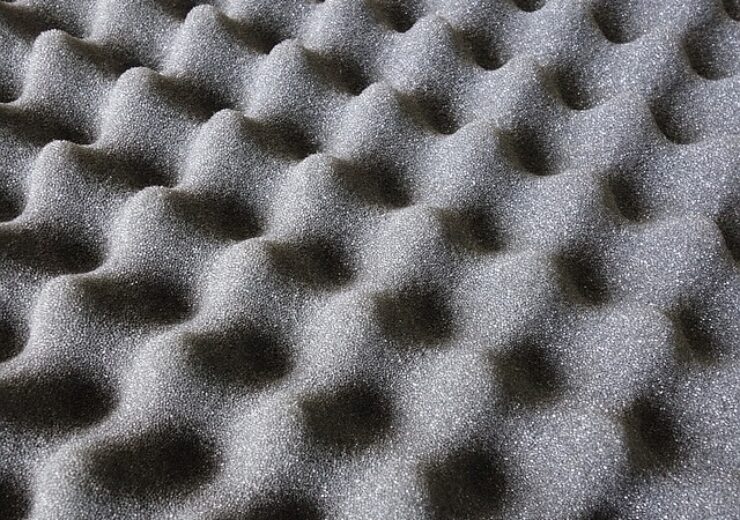Reflex Packaging provides high-performance thermoformed cushioning as a replacement for traditional packaging, using 100% recycled plastic

Reflex Packaging provides thermoformed cushioning. (Credit: Rupert Kittinger-Sereinig from Pixabay.)
Swedish industrial packaging manufacturer Nefab has acquired sustainable thermoformed cushioning provider Reflex Packaging for an undisclosed sum.
Established in 1999, Reflex Packaging provides high-performance thermoformed cushioning as a replacement for traditional packaging, using 100% recycled plastic.
It designs and manufactures its lead product Reflex Cushions at 16 global productions sites across the Americas, Europe, and Asia.
The company will continue its operations as a separate entity within the Nefab Group.
Reflex Packaging founder Forrest Smith said: “We are excited and proud to be part of the Nefab Group. Their value proposition to reduce costs and environmental impact, on a global scale, is the ideal platform for expansion of Reflex Packaging’s products.”
In March last year, Nefab signed an agreement with Szkaliczki and Partners to purchase 100% of the shares of Szkaliczki & Partners Plastic Processing in Hungary.
Szkaliczki has technology and engineering capabilities for thermoformed trays.
With the acquisition of Reflex Packaging, along with the earlier purchase of Szkaliczki, Nefab is enabled to become the world’s top thermoformed cushioning manufacturer.
With the Reflex Packaging acquisition, Nefab will have more than 4,000 employees across 35 countries, and a yearly turnover of around SEK7bn.
Nefab Group president and CEO Staffan Pehrson said: “The market demand for sustainable cushioning solutions in industrial packaging is increasing fast.
“Reflex Packaging’s state-of-the-art cushioning trays, made from 100% recycled and ocean-bound plastic, combined with Nefab’s global presence, will make sustainable cushioning solutions available for the market worldwide.”
“Our customers are demanding more cost-efficient and sustainable supply chains, and the use of thermoformed cushioning enables significant savings, both in cost and CO2 emissions.”
